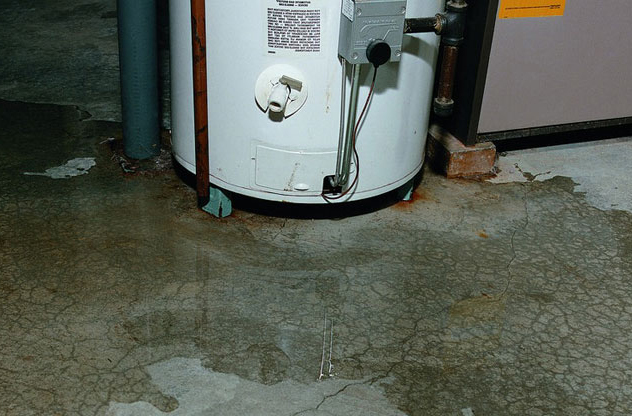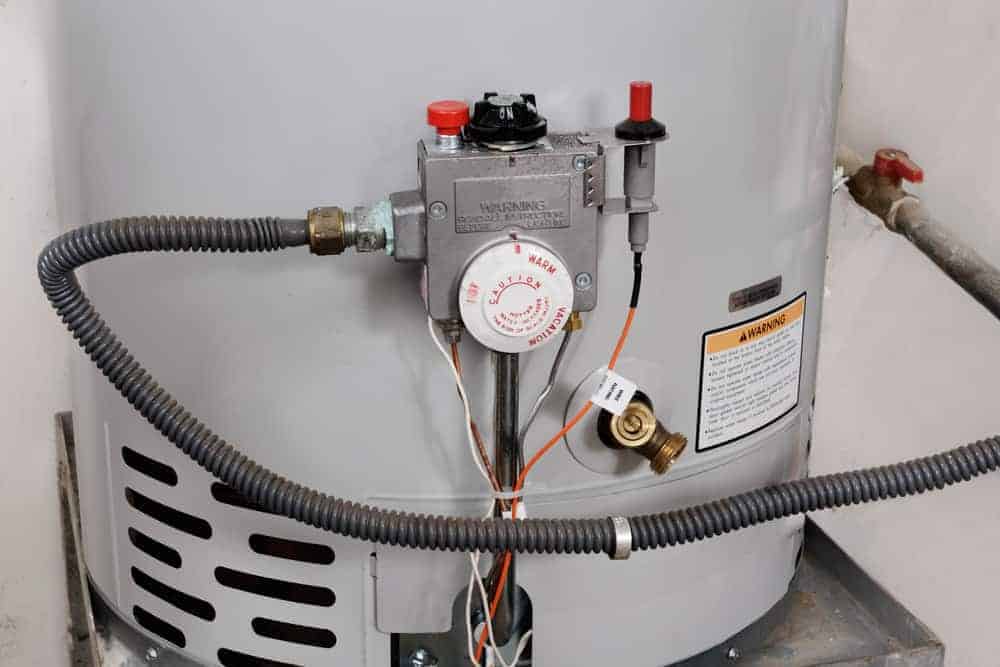Crucial Procedures for House Owners Managing Broken Hot Water Systems
Crucial Procedures for House Owners Managing Broken Hot Water Systems
Blog Article
Presented here below you can discover lots of wonderful answers with regards to What Do You Do When Your Water Heater Bursts?.

Whether it is situated in the basement or a different area, broken water heating systems can trigger anxiety. Having no hot water supply is additionally frustrating.
Shut Down Source Of Power
Prior to calling the plumber, shut off a gas water heater by turning the temperature dial. This will protect against electrocution, especially if there is a leak as water is a conductor. Generally, the home heating component shuts off when the water strikes a specific temperature.
Cut Off the Cold Water Supply
Cut off the storage tanks touch water supply from the source. When your container is in good condition, the cool water quits loading up when the container is complete. If you can not locate it or reach it, you must transform off that primary water supply line outside your building.
Call the Plumber
After doing the very first 2 security steps, you have to call your plumber to find today to take care of a ruptured hot water heater. Nevertheless, bear in mind that your system will not simply conk out substantially overnight. There are generally signs that your aging water heater has debris accumulation in the interior. Bear in mind of the following:
Rather, as soon as you find these indicators, have a specialist come to examine your water heating system give thanks to. Normally, water heaters have a life expectancy of about 8 to 12 years.
Tidy up Building
After calling the plumber, file damage by taking notes and pictures so you can assert your house owner's insurance. Remove any type of standing water to protect against mold and mildew and mildew development. If you have a submersible water pump, use that to drain pipes the water.
Remember, if you notice any kind of concerns with your water heater, call the pros immediately. You can not take this problem lightly because a malfunctioning thermostat can increase water temp to an alarmingly high degree, causing accidental burns. A broken heating unit pressure relief valve can likewise cause a surge. For finest results, get a yearly check so your system obtains inspected, cleaned up, drained pipes, and replenished, guaranteeing optimum efficiency.
Whether it is located in the cellar or a separate space, damaged water heating units can trigger tension. Prior to calling the plumber, closed off a gas water heater by transforming the temperature level dial. After doing the very first 2 safety and security actions, you need to call your plumber to come right away to fix a ruptured water heating unit. If you have a submersible water pump, utilize that to drain pipes the water. Remember, if you discover any concerns with your water heating unit, call the pros right away.
Is My Water Heater Broken?
The Water Heater is Old
No appliance will last forever. This includes a home’s water heater. During its lifespan, residents are going to face a situation where a new water heater installation will be necessary. The biggest problem with this is that most people are not sure when their water heater expires. Not knowing this can lead to serious risks if the unit begins to act up due to old age.
Most makes and models of water heaters will last between eight and 10 years. While 10 years is the age when water heater replacement is highly recommended, the need to replace the unit may occur before this time or after. If the unit doesn’t show any symptoms of a problem, it is a good idea to replace it at the 10-year mark (from the manufacture date).
Some of the symptoms that indicate a new unit is needed include rusting, leaks, noises, and a failure to heat up the water. Also, note that not all units have a 10-year life expectancy. The main exception to this rule is that a gas unit will last for six to eight years.
Rusty Heater Inlet Valve or Water
While steel is the strongest material on earth, it does have a weakness – rust. If corrosion occurs on a steel surface, it will begin to spread and eat through the steel in certain areas. On water tanks and pipes that are made of steel, rust is a warning sign of an impending leak.
The issue for many is trying to figure out if the rust is coming from the water heater or the pipes that lead to the faucet. If rust is seen, it is a clear indication that water heater service from the professionals is needed.
If rusty water appears out of the faucets in the bathtub or sink, it likely means a rusty water heater. If there is rust near the water inlet or the pressure relief valve, rust has likely developed inside the tank. If tap water appears rusty, it may be an issue with the pipes.
Strange Sounds from the Water Heater
Are there strange sounds coming from the tank? As a water heater gets older, rumbling noises may develop and get louder and louder as the water in the tank heats up. In homes where large amounts of hot water are used, the issue is likely going to be even more obvious when more serious issues arise. If there is a strange or loud noise coming from the unit, it is probably because of sediment buildup. A good way to remedy this problem is by flushing the heater. If this does not work, then a new unit may need to be installed.
Leaks
As a water heater gets closer to the end of its useful life, there is a higher chance there will be water around the tank. If there is water, this usually means leaks are occurring. Based on where the unit is located in the home, a leak may result in serious property damage.
Leaks are usually caused by expansions in the metal tank. The expansions occur as time passes and as the inside body of the tank is exposed to multiple heating cycles per day. When a fracture forms, the gap will be slight enough to hold the water in; however, in more serious situations, this will not be the case. If the tank is idle, the water will not leak but when the metal expands during each heating system, small amounts of water will get through the gap.

Do you really like reading about How to Avoid a Broken Hot Water Heater? Make a remark down below. We'd be interested to hear your thoughts about this review. Hoping that you come back again later on. Liked our piece? Please share it. Help others discover it. Bless you for your time. Please come visit our site back soon.
Immediate attention? Call. Report this page